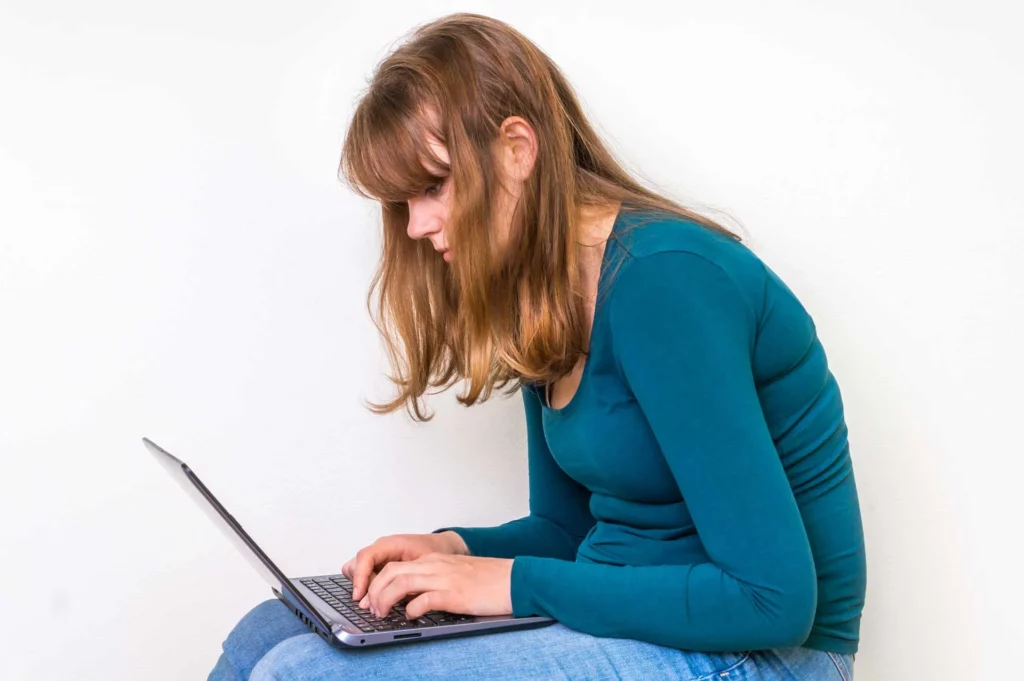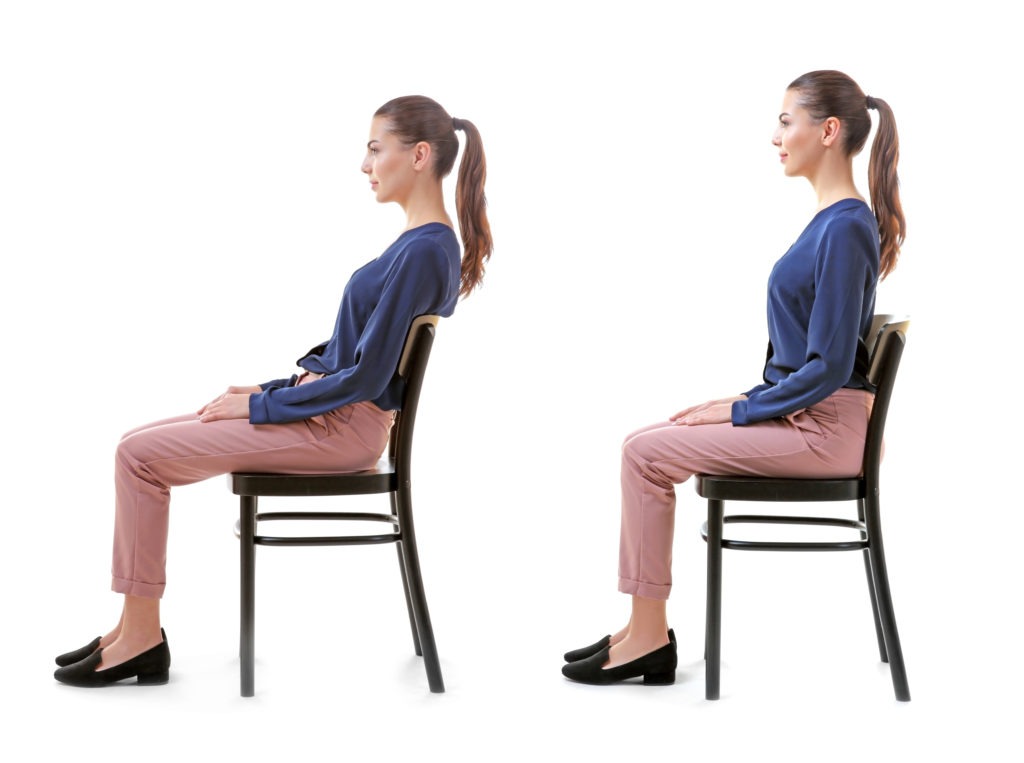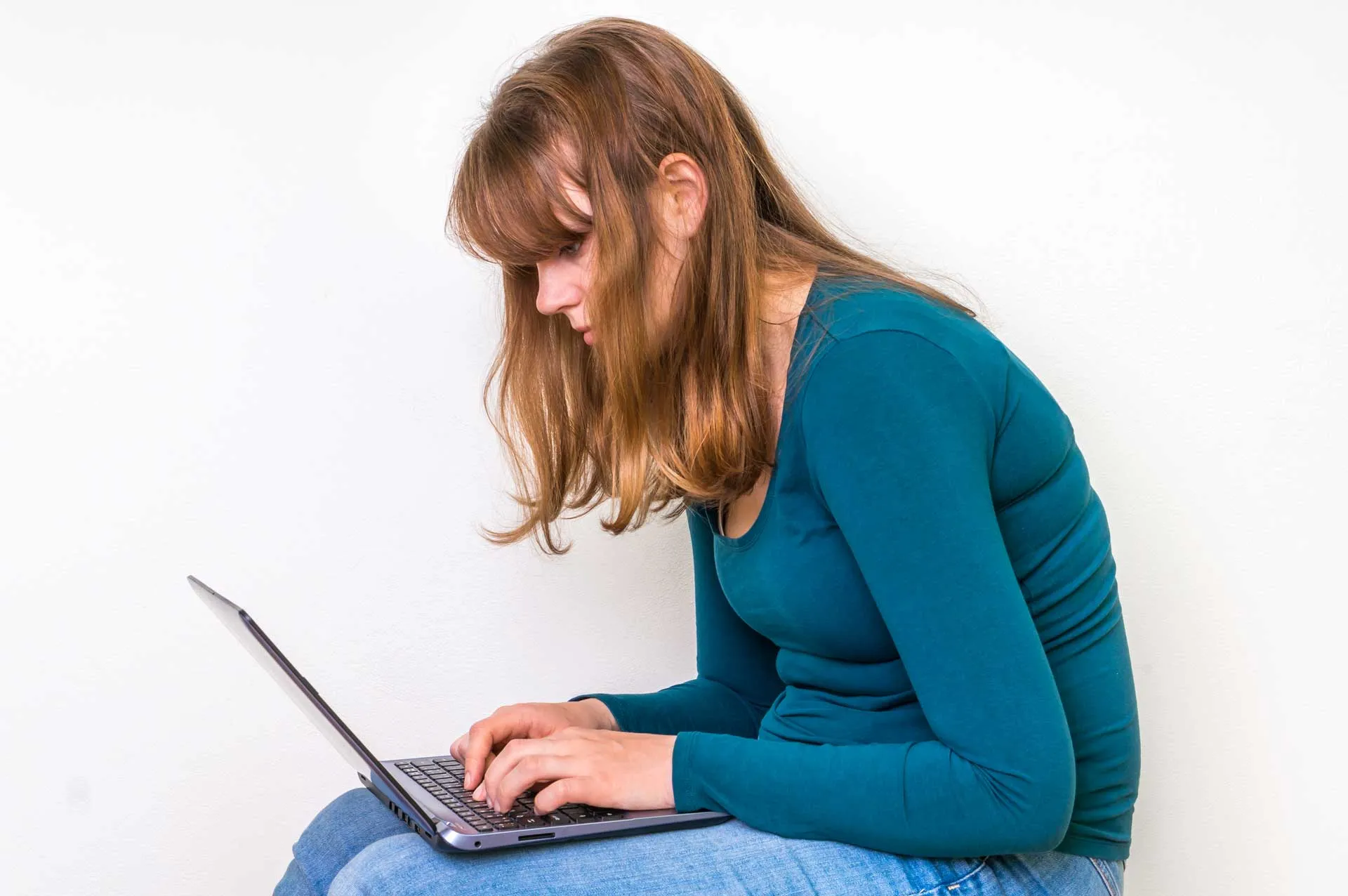As we have officially passed the one year mark of the WHO declaring Covid-19 a pandemic, we are beginning to see some of the physical effects this pandemic has caused, even for those lucky enough to avoid the virus. Our lives have changed drastically, especially our working lives as many people have had to transition to working from home. Fifty of the biggest UK employers questioned by the BBC have said they have no plans to return all staff to the office full-time in the near future.
A pain and rehabilitation-medicine specialist noted how before the pandemic, 70% of his patients were complaining of lower-back and leg pain. Now more than half have the kind of aches that come from hours at working at makeshift workstations, like neck pain and upper back discomfort. Reasons for this include; curving your shoulders forward, looking down at a laptop screen that’s too low, and sitting in an unsuitable chair all day.

Another side-effect of this pandemic has been the reduction in physical exercise people partake in. Many public health recommendations and governmental measures have enforced lockdowns and restrictions, with some countries even enforcing curfews. These restrictions have limited people’s ability to exercise; closed gyms, no group gatherings, increased social distancing, and even no travelling to work. COVID-19 home confinement has resulted in a decrease in all levels of physical activity and about a 28% increase in daily sitting time. This can further increase the chances of your body breaking down.
With all this in mind here are 5 tips to help maintain your physical health while working from home.
1. Have a Dedicated Office Space
Our physical surroundings affect us much more than we often realize. As tempting as it can be to do business from the couch or even your bed, you have to separate your life from your job. Failing to do this will make it difficult for you to work during work hours and relax when you’re done, both of which will cause stress.
2. Make Sure You’re Sitting Correctly
Working from an ergonomically sound position is key to avoid putting additional strain on your body. Sitting in a hunched forward position places a lot of pressure across your lower back. Your lumbar discs are subjected up to double the force they would be in a standing position. Also, a lot of people tend to place their neck in a forward-leaning position with their chin sticking out.

In good sitting alignment, your hips and knees are level (or the hips are slightly above the knees), your spine can be vertical or slightly reclined, and the small arch in the lower back is maintained. Your shoulders should be relaxed down away from the ears, elbows by your side and bent to about 90 degrees, wrists are neutral (not bent up, down or away from each other), and your head is facing front without protruding forward.
If you don’t have an office chair, recline back in your chair without slouching your lower back. Put a small pillow behind your lower back to maintain an arch. When you recline, you should put your upper body weight into the chair instead of down your spine.
3. Take Breaks
Don’t stay in any one position for longer than about 45 minutes. Get up and move around. Take a break in the middle of the day for 15 to 30 minutes to exercise. You can do jumping jacks, pushups, or situps to improve your circulation. Sitting in the house all day definitely isn’t healthy. It hides you from social interaction and stops you from getting enough fresh air and natural light. Because of this, you should make a point of getting out of the house at least once every day. Taking breaks is also important for you mentally.
4. Get More Sleep
Roughly three-quarters of people in the United Kingdom have had a change in their sleep during the pandemic, according to the British Sleep Society, and less than half are getting refreshing sleep. Sleep is important for effective immune function, and it also helps to regulate metabolism. Sleep fortifies and prepares us for any given crisis, but especially when the days are short and cold. It may well turn out that standard pandemic advice should be to wear a mask, keep distances, and get sleep.
5. Have a Routine
Connected to the previous point, one of the ways to ensure you get enough sleep is to make sure you have a routine. Rachel Salas, a neurologist at John Hopkins University, believes a key to healthy pandemic sleep is to deliberately build routines. On weekends, wake up and go to bed at the same time as you do other days. Take scheduled walks. Get sunlight early in the day. Reduce blue light for an hour before bed. Stay connected with other people in meaningful ways, despite being physically distant. Repetitive routines are part of what makes us human.
Without a consistent schedule, the line between work and personal time can get blurred and be stressful. Having a set routine can help you differentiate your work and home life even though it may be in the same place.
You can find out more information about how to keep your body healthy on The Osteopaths Website, and if you are in Scotland you can book a face-to-face appointment.






